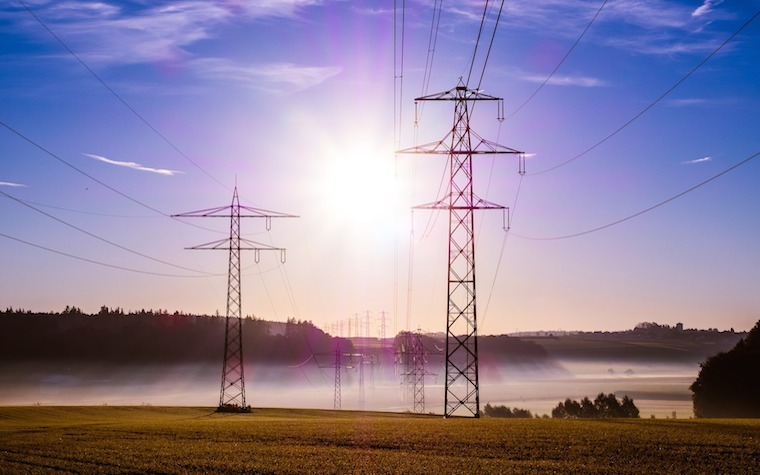A Chicago federal appeals court has ruled three power companies can take part with Wisconsin officials in opposing a lawsuit, which seeks to block erection of transmission lines, saying state officials cannot fight the case as vigorously as the companies, who have millions of dollars at stake.
The Aug. 11 ruling was penned by Chief Judge Diane Sykes, with agreement from circuit judges Joel Flaum and Ilana Rovner, of the U.S. Seventh Circuit Court of Appeals. The ruling favored energy suppliers Dairyland Power Cooperative, ITC Midwest and American Transmission Co., in an action lodged in December by enviornmental activist organizations Driftless Area Land Conservancy and Wisconsin Wildlife Federation.
In September 2019, the Wisconsin Public Service Commission granted a permit to the companies to build a high-voltage line from Madison to Dubuque County, Iowa. The project was estimated to cost $500 million, according to court papers. The Conservancy and Federation sued the Commission to invalidate the permit, alleging two of the three Commission members were biased and the eminent domain power to be used, would go against the U.S. Constitution.

U.S. Seventh Circuit Court of Appeals Judge Diane Sykes
The Commission countered with a motion to dismiss in January. The companies then asked to intervene in the suit with their own motion to dismiss. However, Wisconsin Western District Judge William Conley refused, saying the Commission and the companies shared the goal of defeating the suit and the Commission could adequately pursue that objective. Further, the inclusion of the companies would "needlessly delay and complicate this case," Conley concluded.
The companies appealed.
Sykes sided with the companies, saying it wasn't enough for the Commission and companies to share the aim of beating the suit, in the "brute sense" they both want the case tossed.
"The Commission’s interests and objectives overlap in certain respects [with the companies] but are importantly different. The Commission is a regulatory body, and its obligations are to the general public, not to the transmission companies or their investors. The Commission regulates the transmission companies, it does not advocate for them or represent their interests," Sykes said.
Sykes noted the companies, not the Commission, have a huge amount of money riding on the permit, with obligations to investors and anticipated future investors. In addition, the companies would own and operate the transmission lines, rather than the Commission, Sykes said.
Sykes added the companies are public utilities with a legal duty to maintain the power grid and provide electricity.
"The transmission companies cannot be forced to rely entirely on their regulators to protect their investment in this enormous project, which they stand to lose if the plaintiffs are successful," Sykes said.
The appeals judge continued, "The Commission can be expected to mount a vigorous defense against the plaintiffs’ attack on the integrity of the permitting process and the impartiality of the commissioners. But the power-line project itself, and the permit necessary to construct it, belong to the transmission companies, as does the authority to use eminent domain."
The environmental groups are represented by Chicago-based Environmental Law and Policy Center, and Hurley, Burish & Stanton, of Madison, Wis.
The Commission is represented by in-house lawyers.
Dairyland Power Cooperative is represented by Wheeler, Van Sickle & Anderson, of Madison, Wis.
ITC Midwest is represented by Fredrikson & Byron, and Taft, Stettinius & Hollister, both of Minneapolis, Minn.
American Transmission Co. is represented by the firm of Perkins Coie, of Madison, Wis.
